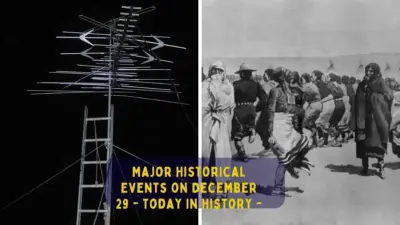- His Novels, including “Snow Country” and “Thousand Cranes”, are considered modern classics, offe…
- “Homegoing”, Yaa Gyasi’s debut novel is a sweeping narrative that covers three centuries and two conti…
- Written in 1921, “We” is set in a future totalitarian society and is considered one of the first works of it…
- Her narratives, while seemingly simple, often delve into deeper themes of memory, loss, and the human psyche.
- In her memoir “In Order to Live”, a deeply personal and harrowing account is provided about an escape from N…
- Also Read: 10 Must-Read Authors whose name starts with V
Literature offers a gateway into diverse worlds, thoughts, and experiences. Among the myriad of voices in the literary world, certain authors stand out, particularly those whose names begin with the letter ‘Y’. In this blog, we’ll dive into the works and lives of “10 Must-Read Authors Whose Name Starts With Y”, each bringing their unique perspective to the global literary stage.
10 Must-Read Authors whose name starts with Y
Yasunari Kawabata
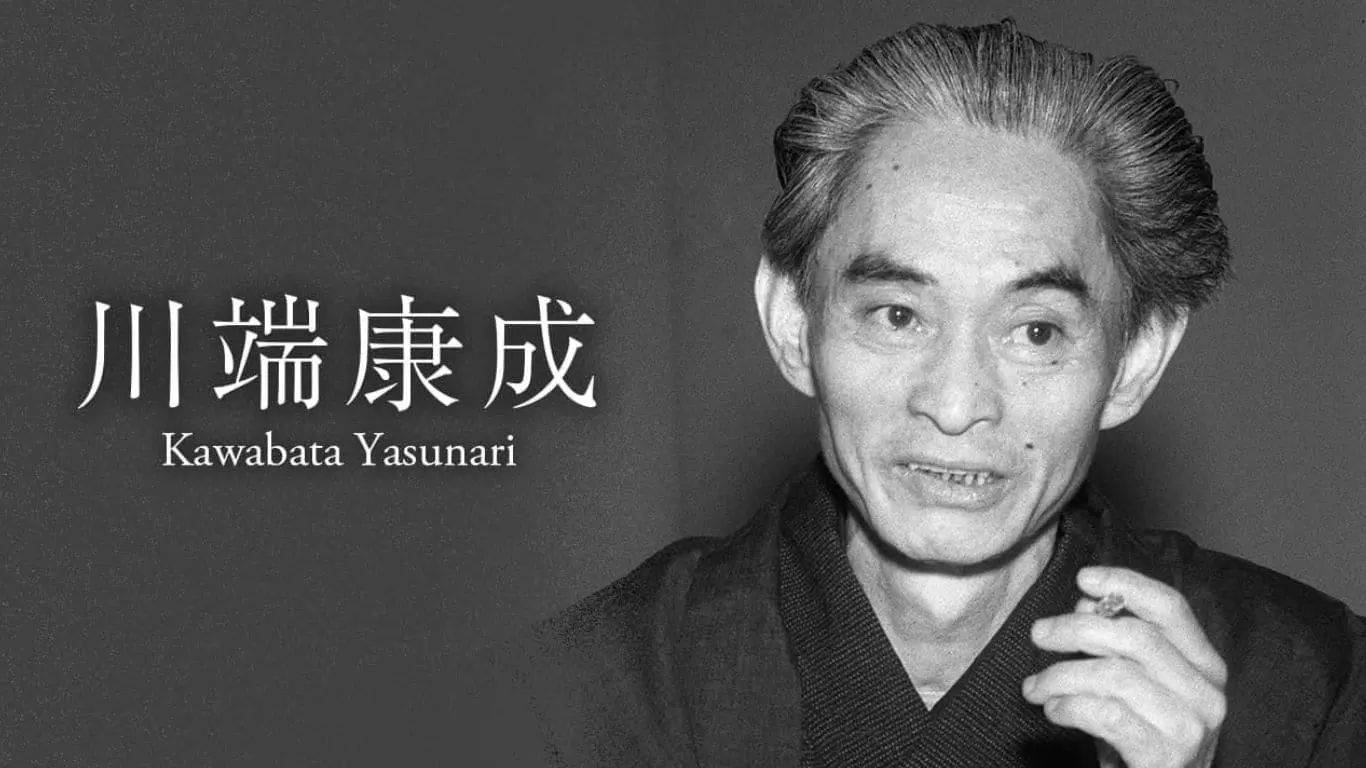
A literary maestro from Japan, Yasunari Kawabata was the first Japanese author to receive the Nobel Prize in Literature in 1968. His writing style, known for its elegance and understated quality, explores themes of loneliness, beauty, and the passage of time. His Novels, including “Snow Country” and “Thousand Cranes”, are considered modern classics, offering a window into the Japanese psyche and aesthetic sensibility.
Yukio Mishima
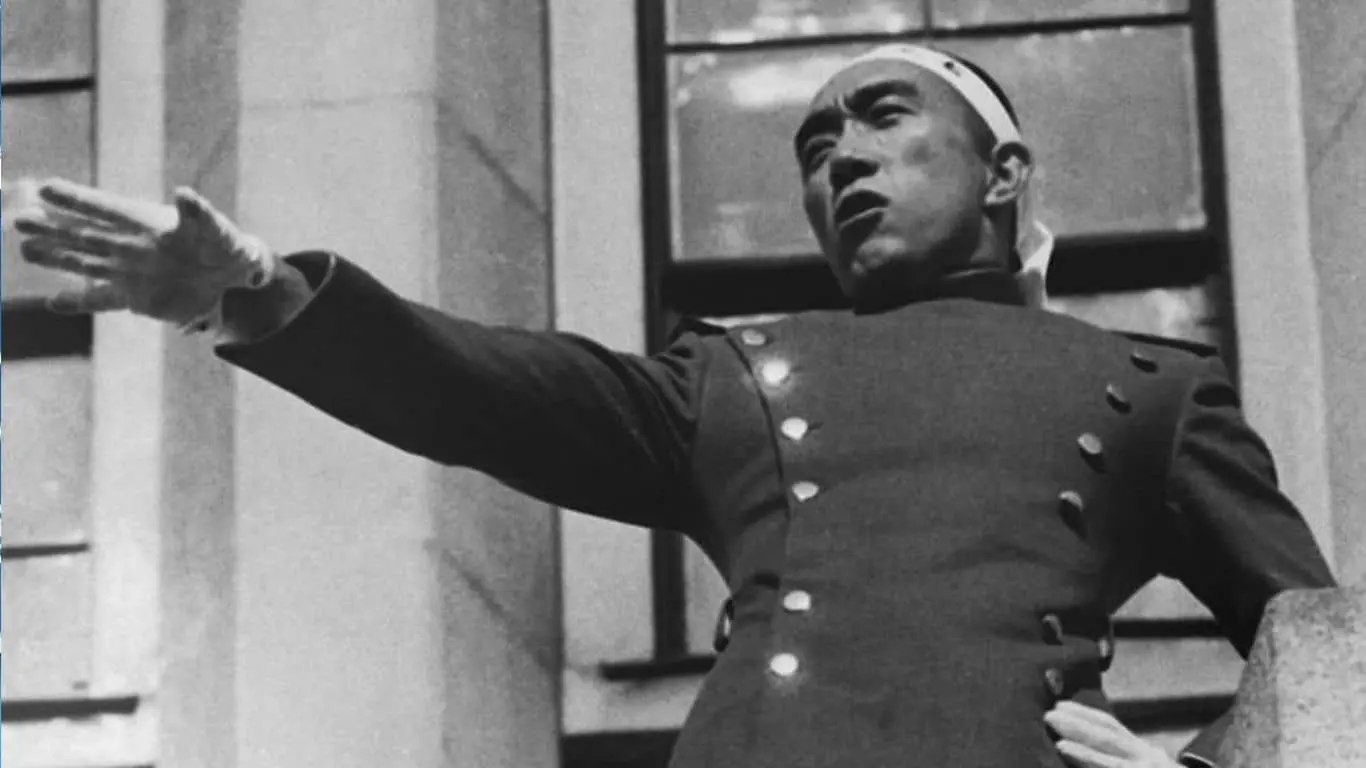
A figure shrouded in both literary acclaim and controversy, Yukio Mishima was one of the most important Japanese authors of the 20th century. His life was as dramatic as his Novels, culminating in a public and dramatic ritual suicide in 1970. Mishima’s works, including “Confessions of a Mask” and “The Temple of the Golden Pavilion”, are marked by their exploration of death, sexuality, and the clash between traditional Japanese values and modernity.
Yann Martel
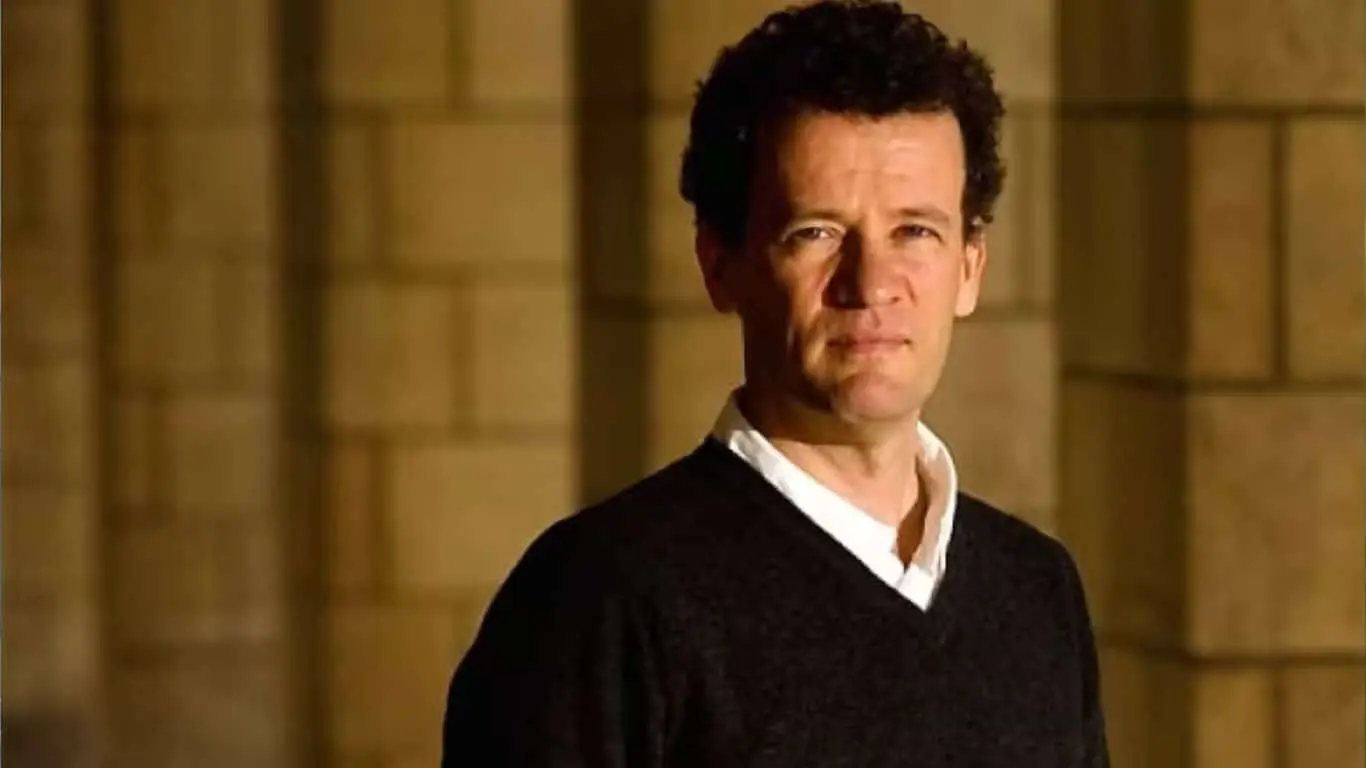
A Canadian author, Yann Martel catapulted to fame with his novel “Life of Pi”, a fantastical narrative about a boy stranded at sea with a Bengal tiger. The book, which won the Man Booker Prize, was later adapted into an Oscar-winning film. Martel’s other works, such as “Beatrice and Virgil” and “The High Mountains of Portugal”, continue to explore themes of storytelling, survival, and faith.
Yasmina Khadra

The pseudonym for Mohammed Moulessehoul, Yasmina Khadra, an ex-Algerian army officer, writes Novels that often provide a penetrating look into the conflicts in the Middle East. His works, including “The Swallows of Kabul” and “The Attack”, offer insights into the human cost of terrorism and war, written with a deep understanding of the cultural and political complexities of the region.
Yaa Gyasi
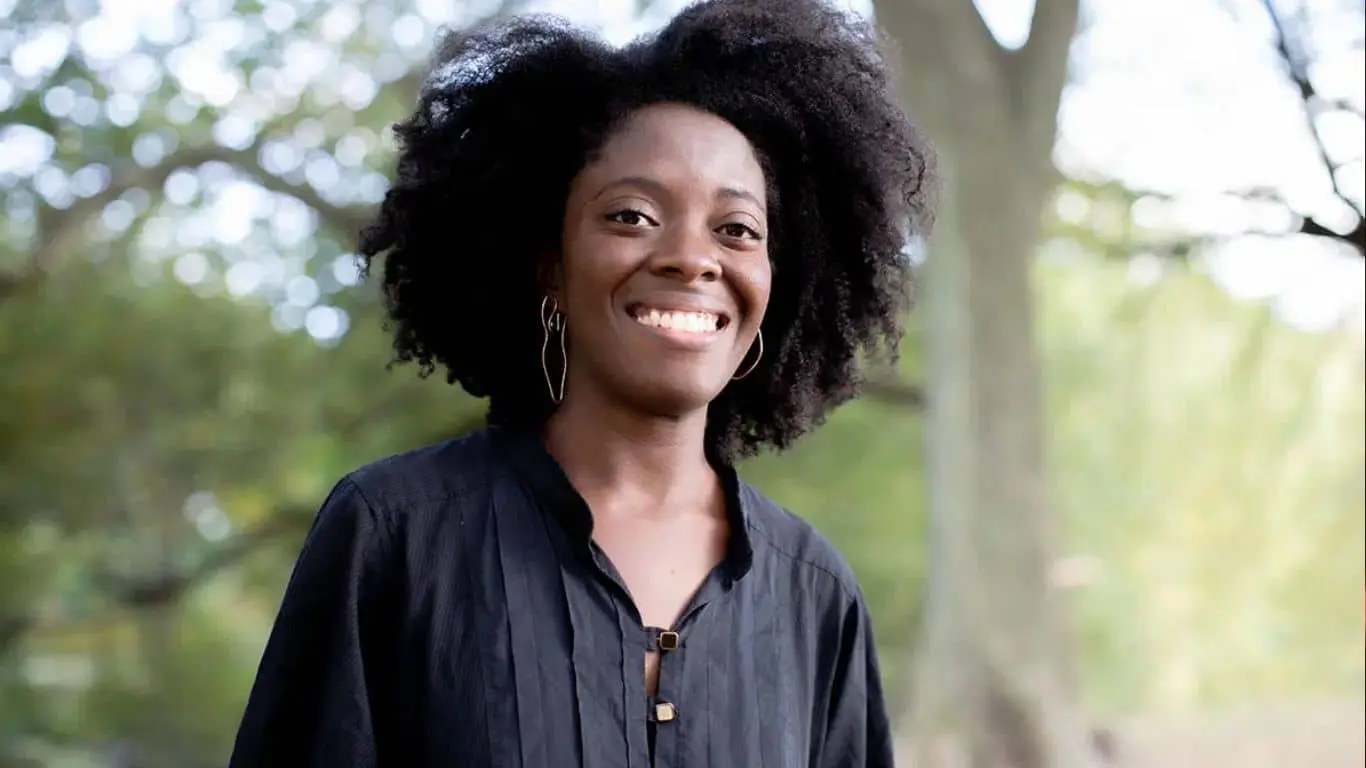
“Homegoing”, Yaa Gyasi’s debut novel is a sweeping narrative that covers three centuries and two continents, was met with widespread critical acclaim. Her exploration of the legacy of the slave trade on both sides of the Atlantic is powerful and deeply moving. Gyasi’s ability to interweave personal and historical narratives has marked her as a significant voice in contemporary literature.
Yevgeny Zamyatin
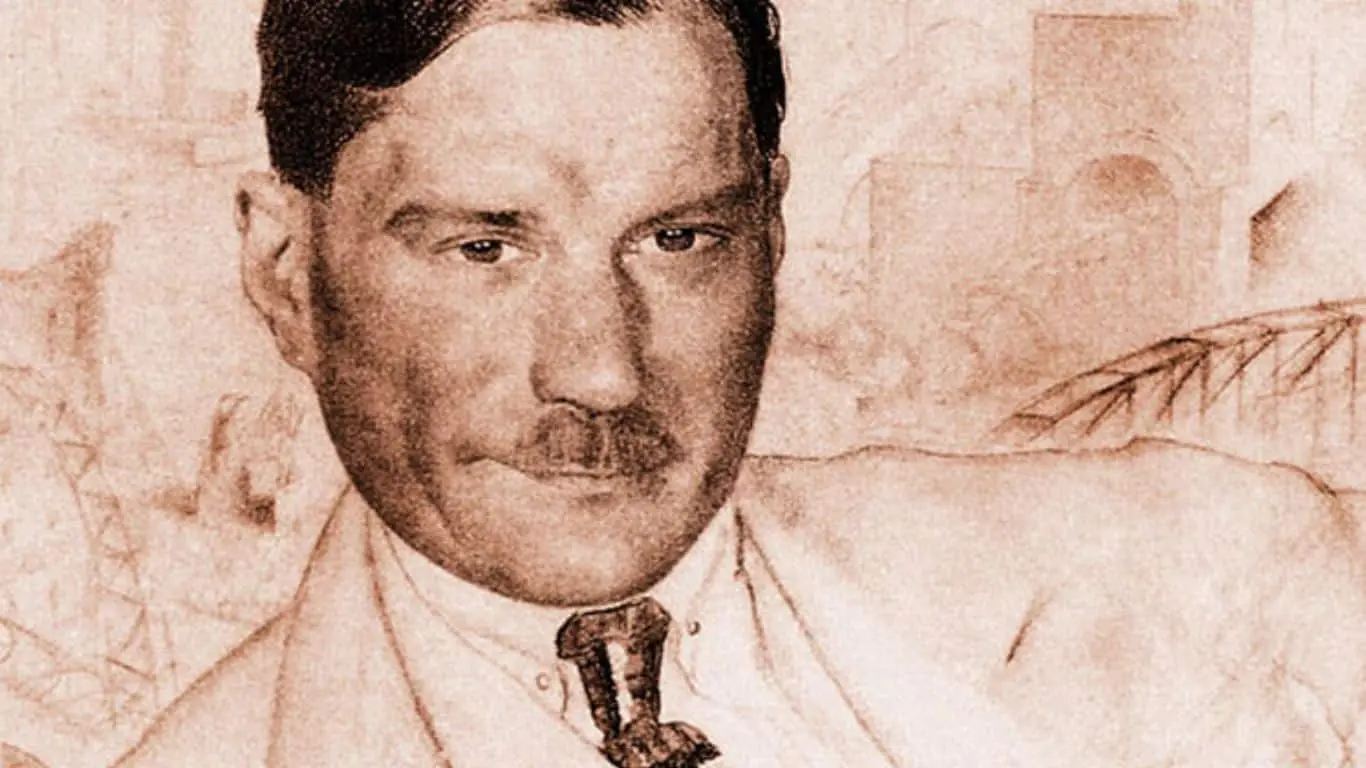
A Russian author, Yevgeny Zamyatin is best known for his dystopian novel “We”, which influenced other dystopian classics such as George Orwell’s “1984”. Written in 1921, “We” is set in a future totalitarian society and is considered one of the first works of its kind. Zamyatin’s experience with the Russian revolutions and his subsequent exile lend a poignant authenticity to his depiction of a repressive regime.
Yoko Ogawa

A prolific author from Japan, Yoko Ogawa has a unique style that blends the ordinary with the surreal. Her narratives, while seemingly simple, often delve into deeper themes of memory, loss, and the human psyche. Works like “The Housekeeper and the Professor” and “The Memory Police” showcase her ability to craft stories that are both intimate and universal in their appeal.
Yiyun Li
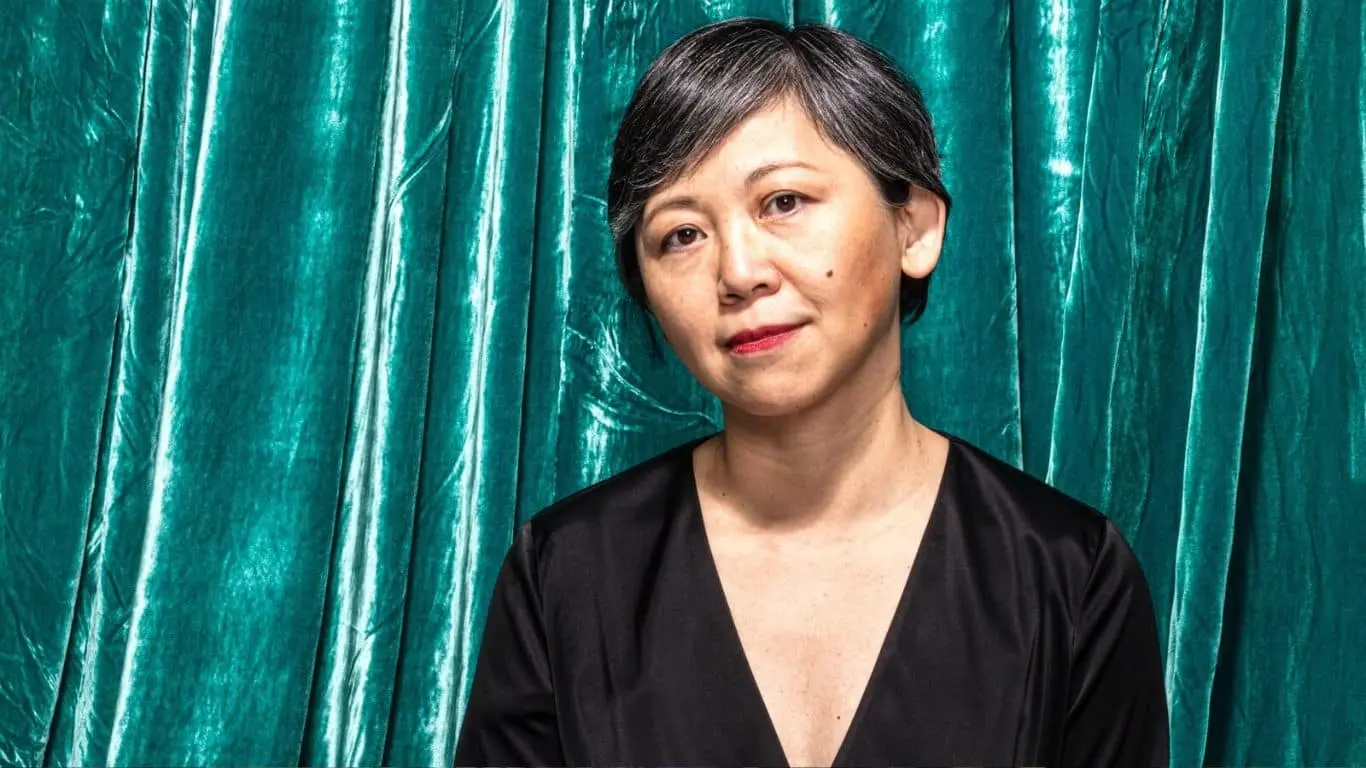
A Chinese-American writer, Yiyun Li offers a compelling view of China and the Chinese immigrant experience. Her writing, often reflective and introspective, deals with themes of memory, family, and the immigrant experience. Her collections of short stories, such as “A Thousand Years of Good Prayers”, and novels like “The Vagrants”, have received critical acclaim for their emotional depth and narrative precision.
Yasutaka Tsutsui
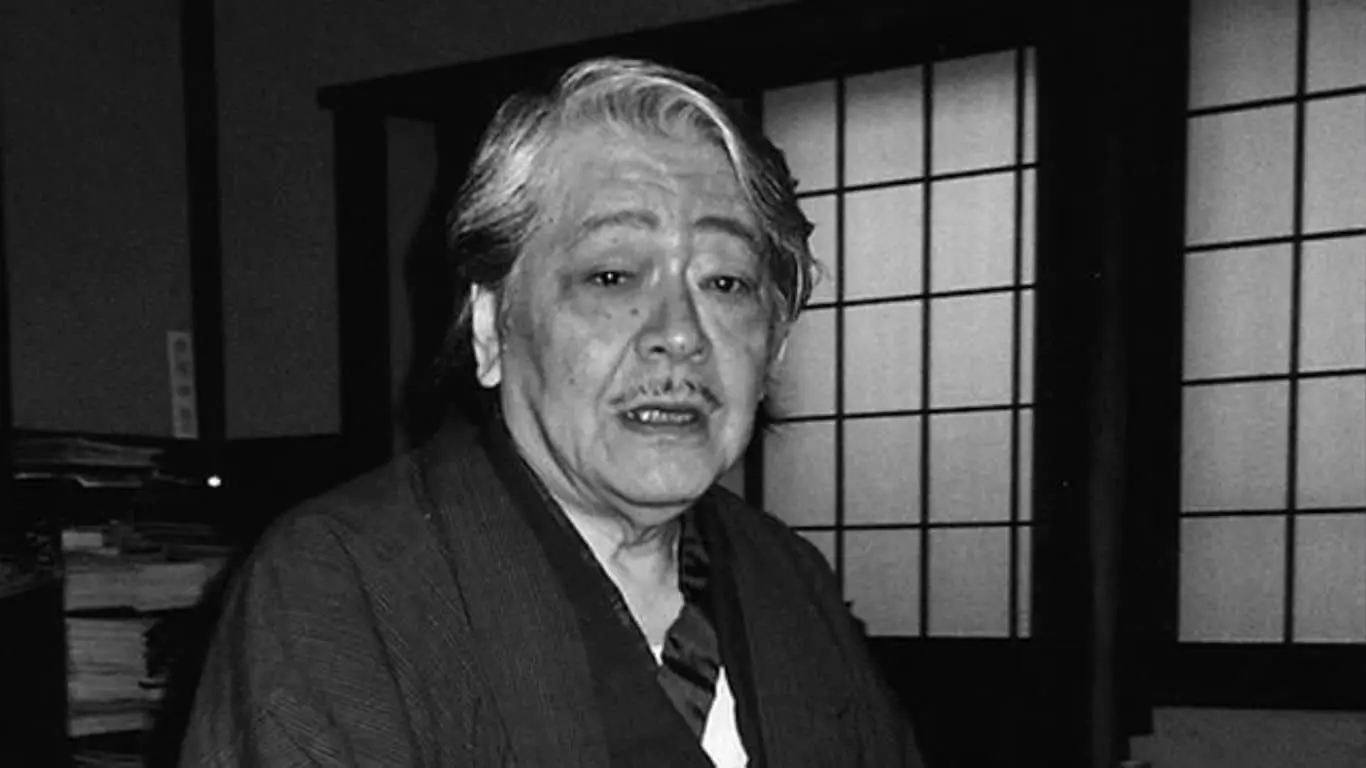
Known for his imaginative and often surreal narratives, Yasutaka Tsutsui is a celebrated figure in Japanese science fiction and satire. Tsutsui’s works, including “Paprika”, which was adapted into an acclaimed animated film, challenge societal norms and delve into the complexities of the human mind. His writing is marked by a blend of humor, science fiction elements, and social commentary.
Yeonmi Park

In her memoir “In Order to Live”, a deeply personal and harrowing account is provided about an escape from North Korea. Her story is not just about the physical journey but also about the journey of the human spirit overcoming extreme adversity. Park’s activism and advocacy for human rights have made her an important voice on the global stage, bringing attention to the plight of North Korean defectors.
Also Read: 10 Must-Read Authors whose name starts with V



